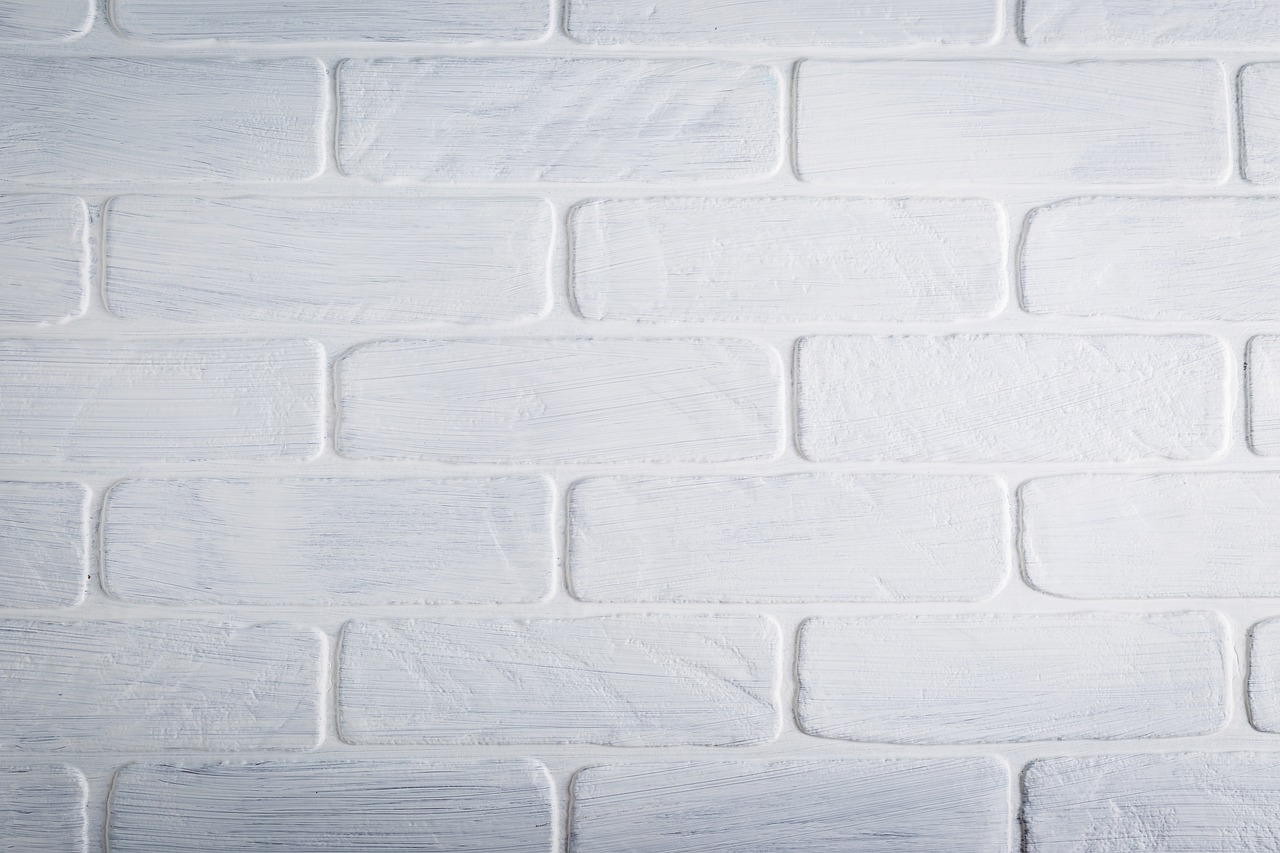Something we don’t delve into often is how mental health, especially mental illness, intersects with race. I don’t mean the excuses made for violent racists who’s actual or perceived mental state is used as a scapegoat for their affinity for white supremacy. I mean how being a person of color impacts the lives of those with a mental illness. Much like mental illnesses, white supremacy and racism is nothing new. What has changed is its presentation. Long gone are the days of celebrations held around the lynching of a Black person and overt and “lawful” segregation. However, it has morphed into something new, covert, and insidious; but with all the same fundamental values. Another thing that has changed is that we are discussing mental health and mental illness more, not quite enough, but more. I will point out 5 ways race and racism, impacts living with a mental illness as a Black woman.
When Racism and Your Depression Both Say You Don’t Deserve Life
I’ve struggled with suicidal ideations/ attempts for the better part of 2 decades. During my depressive episodes I struggle to see my worth or any reason to stay alive. This is where depression and white supremacy start to echo each other. When I turn on the news, go to any news outlet, or visit any social media platform I’m bombarded with headline after headline and comment after comment (I have to force myself to not read comment sections anymore) of evidence that my Black life doesn’t matter. That I am expendable to society at large. That regardless of my contributions and achievements, if my murder were to make headlines there would be no end to the lengths others would go to justify it. A major factor in fighting suicidal thoughts is the ability to find hope, but when open disdain for anyone who looks like you is the reality, what hope is to be found.
I Heard You Have Depression, Well Here’s Some Anxiety To Match
Depression and anxiety often go hand and hand. Oftentimes, once my anxiety passes, I can see that it was irrational or that what caused it isn’t so bad. But add on the rational fear of police or living smack in the middle of 3 counties that Trump won, as a Black person, and gathering myself isn’t so easy. This isn’t something media has caused by highlighting more and more police shootings or racist, hate crimes. This is something most Black people have experienced, know someone who has experienced it, and have had extensive lectures with their parents/ guardians / family members on what to do when you are inevitably in this situation. I believe everyone’s heart skips a beat when they see those red and blue lights flash behind them. But does it skip a beat because you are in fear of getting a ticket or you fear for your life? Do you feel anxious at a predominately white gathering because large crowds make you uncomfortable or is it because you’re mentally preparing for unprovoked racist microaggressions or worse?
I Need Help But I Don’t Want to Be A Stereotype
Living with a severe, chronic mental illness often means not being able to work fulltime or not being able to work a job that pays a living wage. So, we have to turn to social safety nets such as disability, foodstamps, etc. as a means of survival. What we don’t discuss is how many Black people with a disability, especially those with a mental illness, don’t utilize these services. In addition to the cumbersome process, the pervasive, yet false notion that Black people are the largest recipients of welfare dissuades many from seeking help. We end up struggling even more than we have to because we don’t want to fall into a stereotype. Much like many Black women stay silent when faced with outrageously offensive scenarios to avoid being labeled an “angry Black woman.”
Did My Therapist Just Gaslight Me?
Those of us struggling with our mental health often hear that we should reach out and seek help. But what happens when that help can’t see past their own bias and fragility? How do you continue seeing a therapist when they suggest that a blatantly racist situation may have been “all in your head.” What do you do when your fears of a fascist presidency stripping what few protections and rights you have are invalidated? Is it really possible to completely open up to someone you have no cultural connections with? What if you can’t even schedule an appointment because therapists are more likely to turn away Black patients? With the APA (American Psychological Association) reporting that racial/ethnic minority groups account for less than 1/5 of the psychology workforce in 2013, where do we turn to? This isn’t to say that there aren’t culturally competent white therapists, but this is a legitimate concern and one that is thankfully starting to be addressed.
Where is the Strong Black Woman I’m Supposed to Be?
One thing I constantly hear is the phrase “strong Black woman.” Whether it’s in discussion of a Black woman overcoming huge obstacles to get something done or when people try to comfort me when I’m down on myself, I often wonder why I didn’t get this gene. Not being the “strong Black woman” that my ancestors modeled for me comes with a feeling of guilt and shame. They had so much less and so many other hurdles to face, so why am I falling apart at what seems insignificant? This guilt and shame that I feel comes into play more than ever when I see other Black women putting in the work to lead anti-racist movements. I see the vitriol and hate they receive on social media, in their inboxes, and in articles written about them, but I also see them keep pushing forward. I can’t do what they do. I’m too… I don’t know. I’m no more fragile or delicate than them, but they possess something intangible that I don’t, but feel I should. The “strong Black woman” trope is arguably one of the most harmful stereotypes Black women have to face. It’s especially harmful to those of us with mental illnesses because it is just one other expectation we don’t live up to. I fully understand that the phrase strips us of our humanity by not allowing us to express the full range of human emotions and is used as a silencing tactic. However, I can’t escape the expectations its use in society has placed on me.
Living as a Black woman with a mental illness in a society that pretends racism no longer exists or isn’t that bad, exacerbates my symptoms tenfold. Couple the wealth of information on the effects of systemic racism that is readily available but ignored with the denial of my lived experiences, and its like being kicked in the stomach and being told I imagined it. I can’t say that I would be coping with my illness any better if I didn’t live in a racist society, but I can say that I’d have a lot less to worry about.







Let me know what you think